‘Ventilation is vitally important but No. 10 has consistently failed to communicate this’
Your digest of analysis and commentary from the British and international press
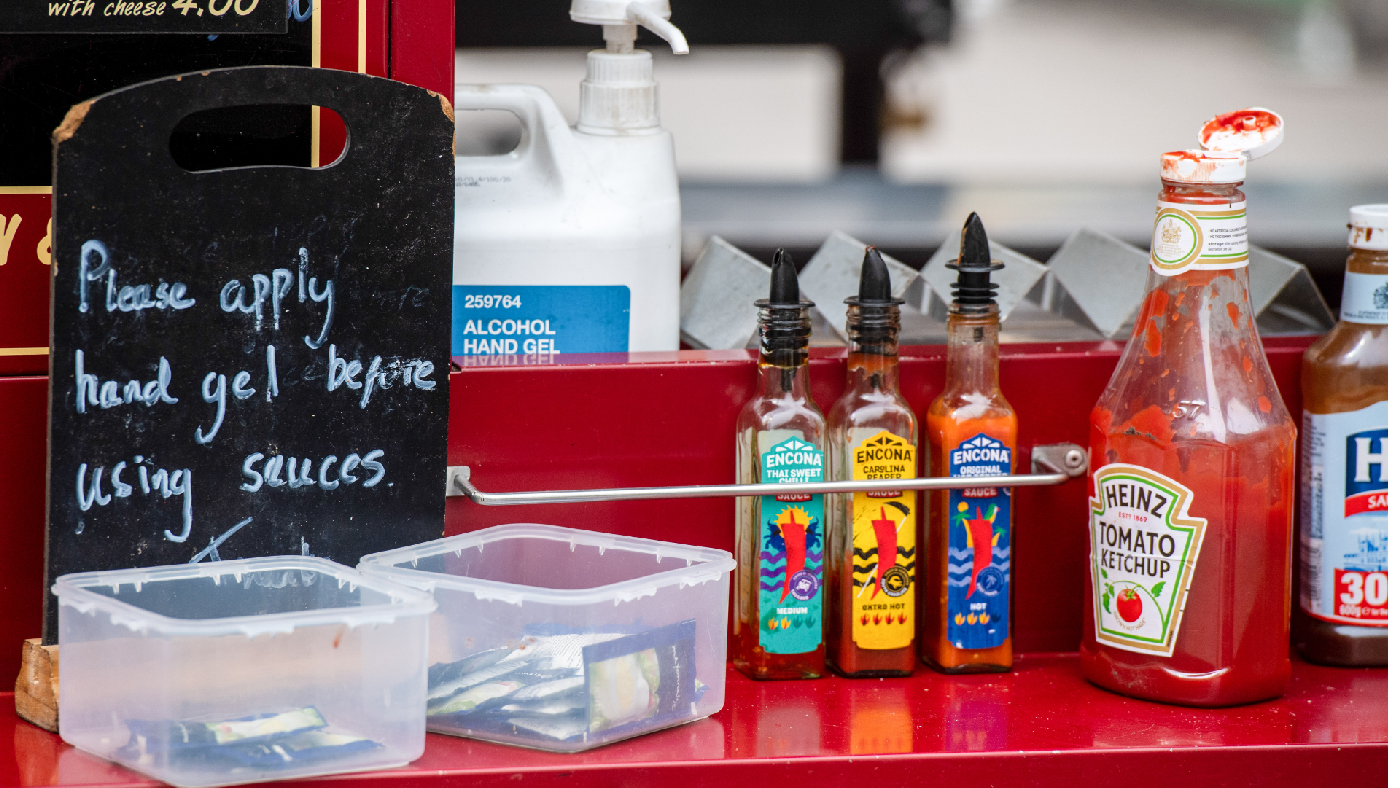
- 1. Ignoring ventilation is the great unspoken error of our government’s Covid-19 strategy
- 2. What has Norway learned from the Utoya attack 10 years ago? Not what I hoped
- 3. Law change will treat journalists like spies
- 4. An amnesty will lock the Troubles in a box – for now
- 5. I may be a grandmother – but nothing will stop me dancing at ‘Radio 4 in a field’
A free daily email with the biggest news stories of the day – and the best features from TheWeek.com
You are now subscribed
Your newsletter sign-up was successful
1. Ignoring ventilation is the great unspoken error of our government’s Covid-19 strategy
Ian Dunt for the i
on ‘rudimentary mistakes’
Every day you see staff putting on visors, wiping down tables and asking customers to sanitise their hands – before “closing the doors and windows”, says Ian Dunt for the i. “It’s an act of epidemiological insanity.” It’s “extraordinary”, says Dunt, that 18 months into this pandemic “we are still making these rudimentary mistakes”. Back in March 2020, we had little understanding of how Covid-19 spread, but we now know that “people very rarely get Covid by touching an infected surface”. Even so, the initial message of hand-washing and face-touching “just kind of stuck”. On the other hand, ventilation “is recognised as being vitally important” but this is something No. 10 “has consistently failed to communicate”. “Ventilation is the great unspoken error of our pandemic strategy,” concludes Dunt. “One of the main factors in Covid transmission has been largely ignored. And there are few signs the Government has learned its lesson.”
The Week
Escape your echo chamber. Get the facts behind the news, plus analysis from multiple perspectives.

Sign up for The Week's Free Newsletters
From our morning news briefing to a weekly Good News Newsletter, get the best of The Week delivered directly to your inbox.
From our morning news briefing to a weekly Good News Newsletter, get the best of The Week delivered directly to your inbox.
2. What has Norway learned from the Utoya attack 10 years ago? Not what I hoped
Sindre Bangstad for The Guardian
on lessons missed
Any visitor who arrives on the island of Utoya, 20 miles from Oslo, is “immediately struck by the smallness of it”, writes Norwegian social anthropologist and author Sindre Bangstad in The Guardian. It was here ten years ago today that terrorist and right-wing extremist Anders Behring Breivik massacred 69 young Labour Party activists while dressed in a fake police uniform. “It is not difficult to imagine the sheer horror of it all, as teenagers, full of life, joy and laughter, suddenly realised that the shots being fired in the distance were not firecrackers,” says Bangstad. As Norway approaches this milestone anniversary, it is worth “looking back at the lessons learned and those missed from this dark chapter in my country’s history”, he adds. At the time, Bangstad was among those who argued “for a national reckoning with the far-right, racist and Islamophobic ideology” that had motivated Breivik – ideas “much more common among Norwegians than many were willing to let on”. But instead, Norway’s Labour Party cast the massacre as “attacks on all Norwegians” and “any talk of the undeniable links between the conspiratorial and anti-Muslim world views of Breivik and the wider populist right” became “taboo”. The consequences of this rhetoric have shaped the Norway we know today.
A free daily email with the biggest news stories of the day – and the best features from TheWeek.com
3. Law change will treat journalists like spies
Sean O’Neill for The Times
on the threat to press freedom
Last week, officials from the Information Commissioner’s Office raided two homes in their search for the person – or people – who leaked the security camera footage of Matt Hancock and his lover in his ministerial office. The investigation “is looking at potential breaches of data protection laws under which there are exemptions for journalism and matters of public interest”, writes Sean O’Neill in The Times. But such exemptions would not exist “were Priti Patel to get her way over radical changes to the Official Secrets Act and what the government calls ‘unauthorised disclosures’”. The home secretary is proposing to “widen enormously the scope of the legislation” which would “impose harsher penalties for breaches and equate journalism which exposes failure and scandal in public bodies with hostile state espionage”. These proposals are styled as a response to the threat of “cyberattacks” and “social media destabilisation” but they “would also severely restrict the ability of journalists to report on misconduct and wrongdoing in the police, the military, the NHS, the intelligence services and Whitehall departments”, argues O’Neill. “This is a precarious moment for press freedom in Britain.”
4. An amnesty will lock the Troubles in a box – for now
Mick Mulvaney for the Irish Times
on an opportunity for understanding
Former US special envoy for Northern Ireland Mick Mulvaney was “more than a little” disappointed by the UK government’s intention to offer proposals “on a blanket amnesty on violence during the Troubles”, he writes in The Irish Times. “My country is still wrestling with having, in many ways, ignored issues of race, slavery, reconstruction, segregation and the like from our past,” says Mulvaney. This is largely because “what were once facts” have “morphed into mythology”. Years on, America is paying “a price for the lack of a common understanding of our own history” – with society unable to agree on, for example, the true cause of the American civil war. “I encourage the Johnson government not to head down that same path,” writes Mulvaney. “There is an opportunity to address the violence of the Troubles while the people who lived it are still able to stand up in public and talk about it. Still able to write it down. Still able to have their say, and their day… There is a chance to at least agree on what actually happened. But that chance will not continue forever.”
5. I may be a grandmother – but nothing will stop me dancing at ‘Radio 4 in a field’
Jan Etherington for The Telegraph
on the return of Latitude Festival
When grandmother-of-four Jan Etherington and her husband Gavin announced they were moving to coastal Suffolk nine years ago, their family was “thrilled” – because their new home was just up the road from Henham Park, home of Latitude Festival. “As a Senior Railcard holder”, Etherington assumed she’d “simply be the B&B for the family while they partied in the park”, she writes in The Telegraph. But as former music journalists, the pair thought it would be “rude” not to “support our very local festival”. Nearly a decade on, Etherington has been to Latitude Festival every year since (except for 2020) “because I discovered there are few things that make me happier than watching a great band play on a summer night – in the company of others who feel the same”. She feels “enormous gratitude” towards Melvin Benn, managing director of Festival Republic, who “persuaded the Government to include the festival in its Events Research Programme”. “His heroics mean there’ll be swingin’, swayin’ and music playing – not in the streets, but in the fields of Suffolk this weekend.”
-
 Are Hollywood ‘showmances’ losing their shine?
Are Hollywood ‘showmances’ losing their shine?In The Spotlight Teasing real-life romance between movie leads is an old Tinseltown publicity trick but modern audiences may have had enough
-
 A dreamy long weekend on the Amalfi Coast
A dreamy long weekend on the Amalfi CoastThe Week Recommends History, pasta, scenic views – this sun-drenched stretch of Italy’s southern coast has it all
-
 Can foster care overhaul stop ‘exodus’ of carers?
Can foster care overhaul stop ‘exodus’ of carers?Today’s Big Question Government announces plans to modernise ‘broken’ system and recruit more carers, but fostering remains unevenly paid and highly stressful
-
 ‘Irony’ as Zoom calls staff back to office
‘Irony’ as Zoom calls staff back to officefeature And other stories from the stranger side of life
-
 The U.S. veterinarian shortage crisis
The U.S. veterinarian shortage crisisSpeed Read With an anticipated shortage of 15,000 vets by 2030, it will be harder to get care for pets
-
 Company teaches mask-wearers to smile again
Company teaches mask-wearers to smile againfeature And other stories from the stranger side of life
-
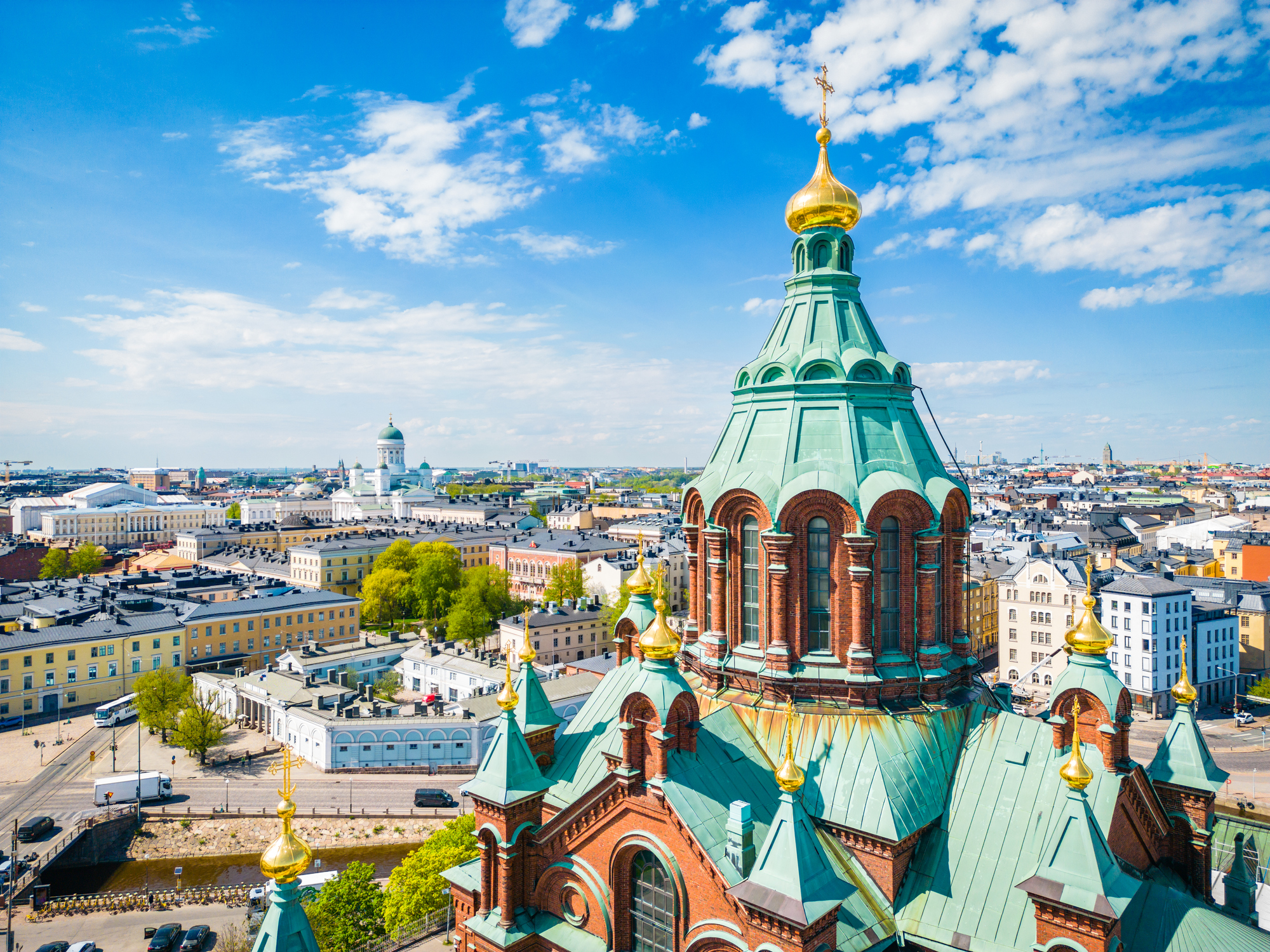 Global happiness has been 'remarkably resilient' over the past three years
Global happiness has been 'remarkably resilient' over the past three yearsfeature
-
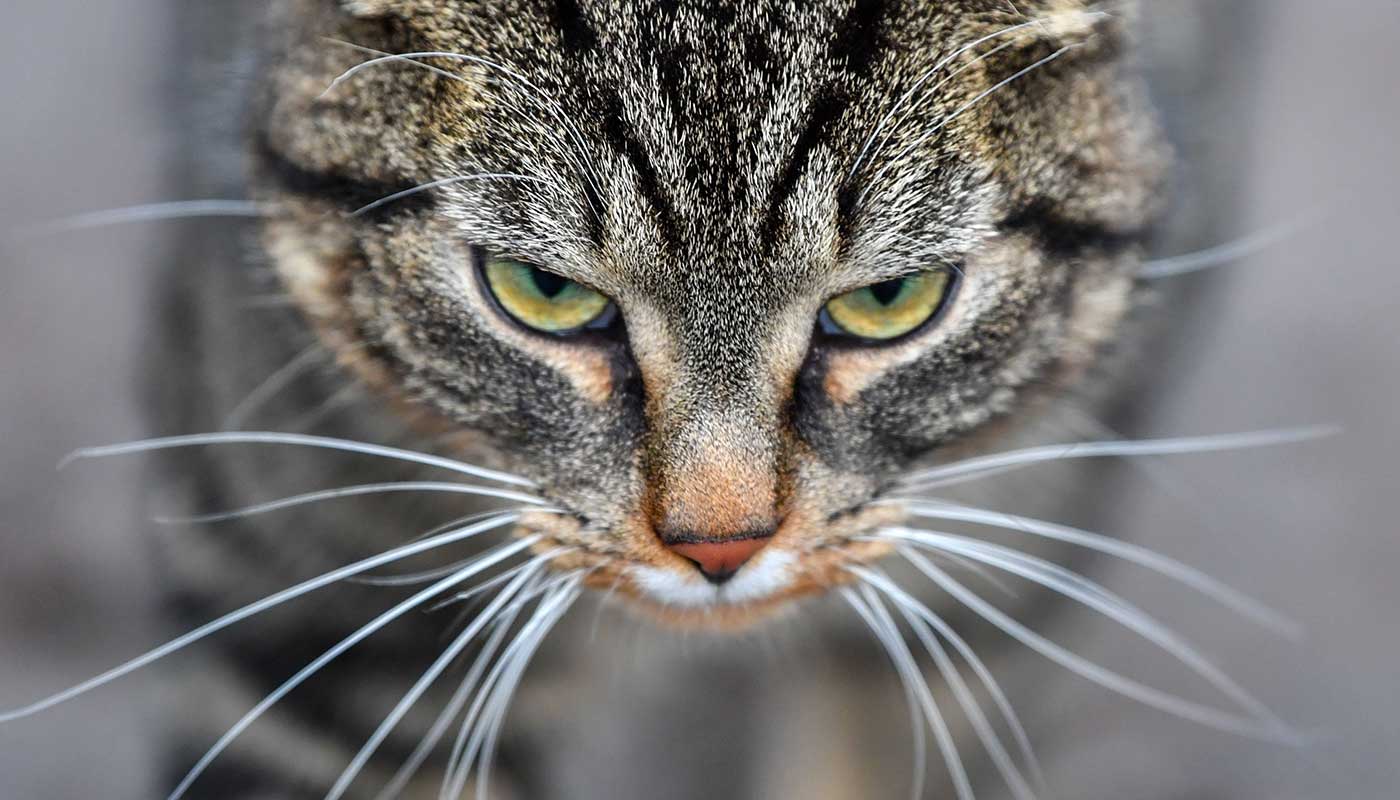 Ministers considered killing all cats during pandemic
Ministers considered killing all cats during pandemicfeature And other stories from the stranger side of life
-
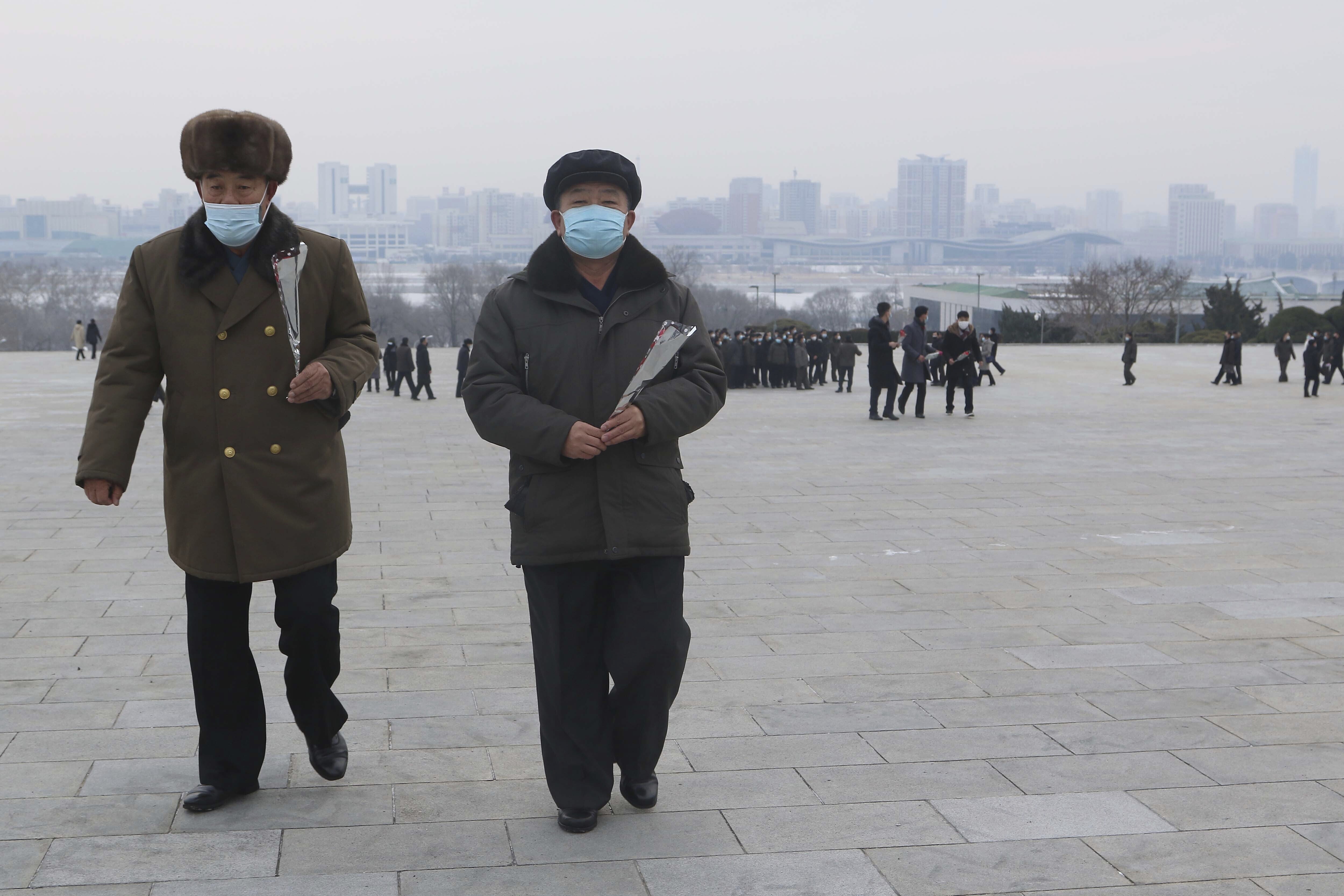 North Korea imposes 5-day lockdown on capital to fight 'respiratory illness'
North Korea imposes 5-day lockdown on capital to fight 'respiratory illness'Speed Read
-
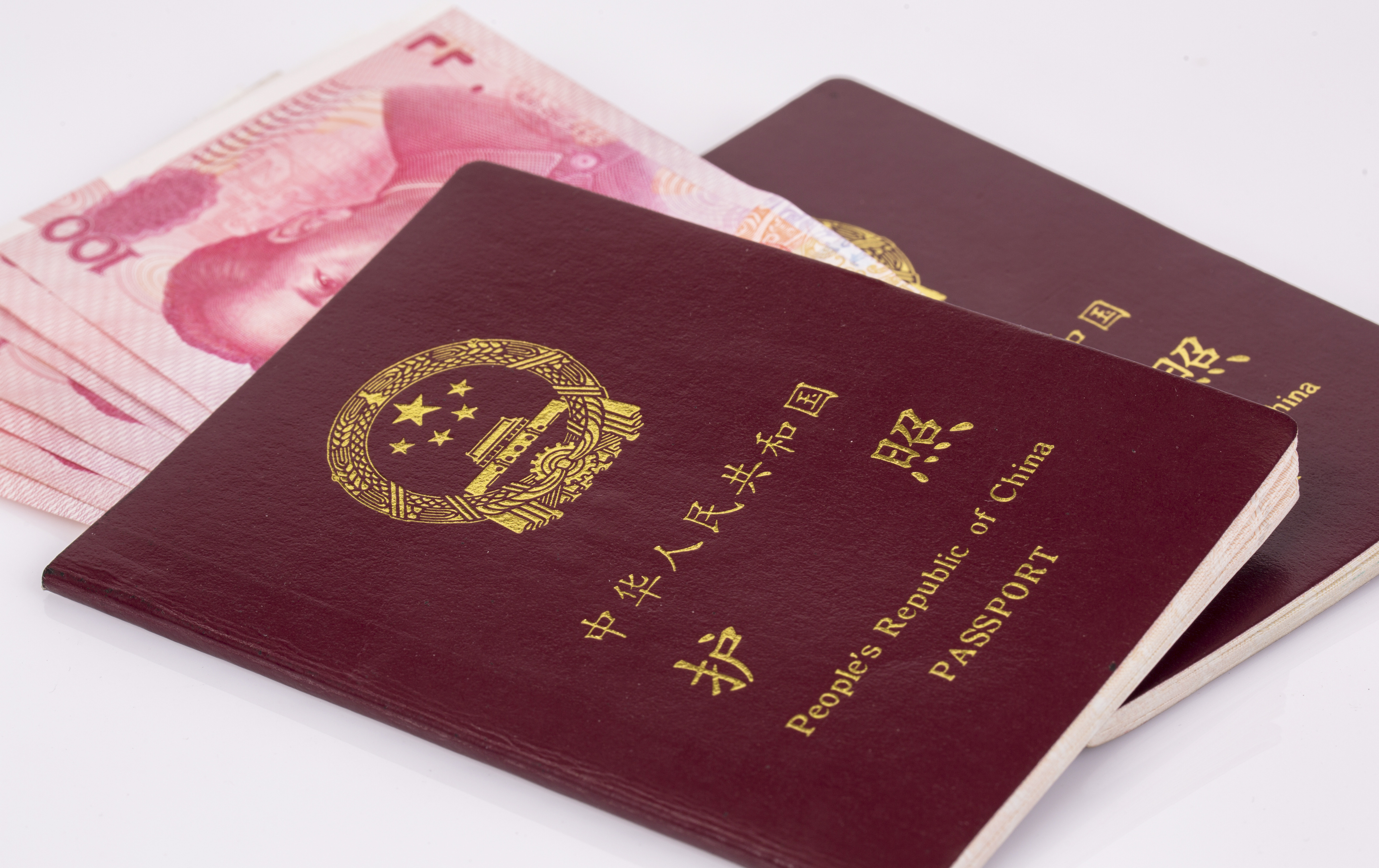 China to begin re-issuing passports in another reversal of COVID lockdowns
China to begin re-issuing passports in another reversal of COVID lockdownsSpeed Read
-
 Elon Musk bans critical journalists on Twitter
Elon Musk bans critical journalists on TwitterSpeed Read Several high-profile reporters have been suspended for sharing tweets about owner’s private jet flights